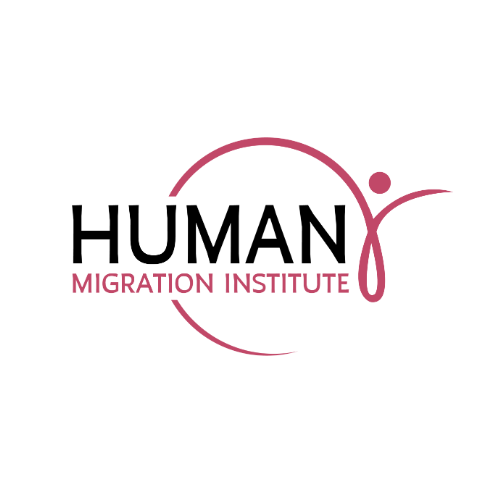Telemental Tools Help Improve Refugee Mental Health
Today, on World Mental Health Day, we look to the future and to technology to guide us forward toward a world that provides equal access to mental health resources needed around the globe. Glocally Connected’s very own Co-Founder and President, Dr. Selin Yıldız Nielsen, along with Eser Sağaltıcı and Onur Okan Demirci, have dove into the topic of telemental health care, providing much-needed support to refugees.
With the recent invasion of Ukraine, over 5 million people have already fled, adding to the 82 million already-displaced people, a number that is expected to grow to 1.2 billion by 2050. The need for counselling in response to the trauma of displacement is dire, as many are being ripped away from the lives they previously knew, putting refugees in a “fight or flight” mode of conduct, according to Nielsen, Sağaltıcı, and Demirci.
Some key takeaways from their article:
The need for mental health care in emergency situations has grown substantially, considering the extent of conflicts, disasters, climate emergencies and war in the context of global population growth
War zones and refugee camps often are inadequately equipped with mental health professionals to respond to such situations, and when a professional is provided, they often become burnt out due to the lack of support
Psychological needs often trail behind the physical needs, leaving the brain in constant survival mode. causing serious disorders such as post-traumatic stress disorder (PTSD) in the future
It is extremely important to form a trauma-informed mental-health response in trauma-afflicted areas, and technology can have a key role in addressing this need
Despite the many obstacles that can be seen on the road to supporting refugees’ mental wellbeing, there is a positive opportunity for betterment in sight. Telemental health, or telepsychiatry provides an effective alternative much thanks to the advancements in communication technologies, particularly following the COVID-19 pandemic. In fact, the positive results of immediate intervention by telemental health include reduced PTSD symptoms equivalent to face-to-face care.
Glocally Connected has been an early promoter of such teletherapy with their collaboration on projects like the “Peace of Heart Initiative”. This project provided access to experienced psychiatrists for Syrian refugee women, with the help of interpreters, helping to alleviate some of the initial stressors of flight that these women experienced in a refugee camp in Lebanon. The initiative also found more positive impacts, including less withdrawal from the activities of daily life by the women, with continued therapy sessions increasing solidarity and resilience.


